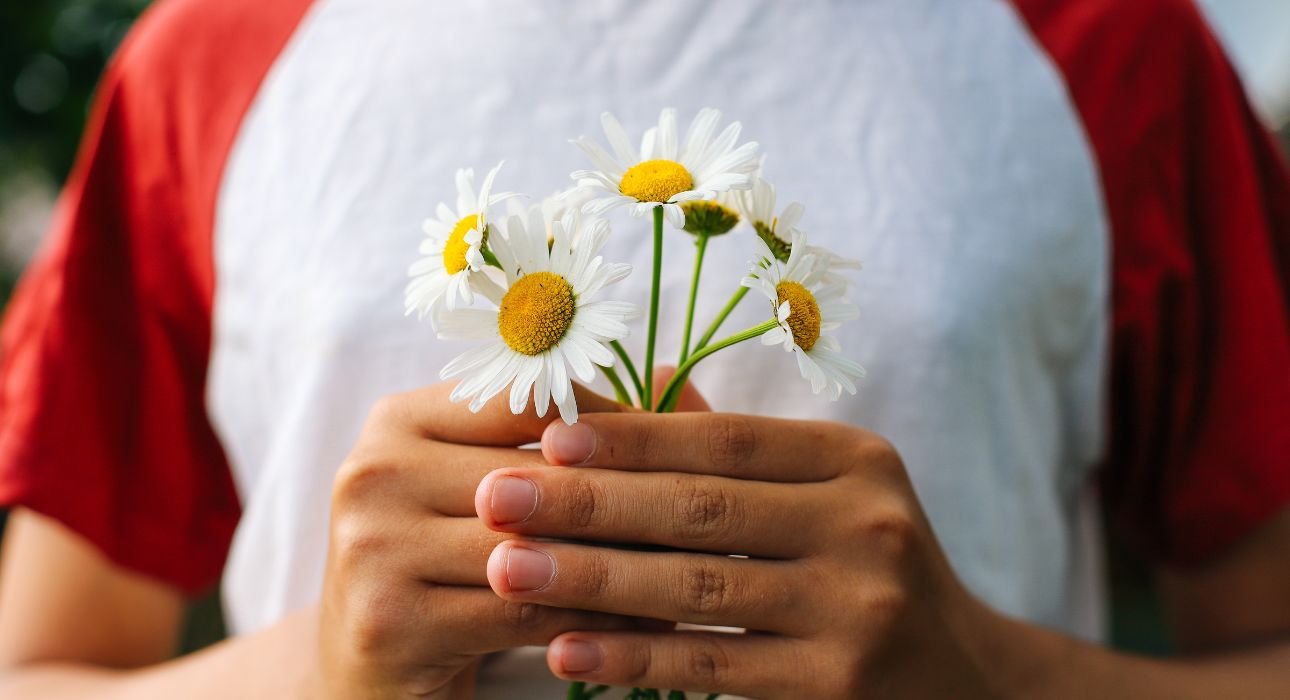Aristotle once said that “Happiness is the meaning and purpose of life, the whole aim and end of human existence.” (Loftus, 2015). But is happiness alone truly the most fulfilling and wholesome emotion? The answer is no. Recent research by Megan Edwards and Laura King from the University of Missouri redirected the spotlight from happiness to a more in-depth and undermined emotion: hope. Hope is usually considered to be wishful thinking and is associated with motivation and the desire to achieve goals. However, it is much more than that. The study compared emotions like happiness, excitement, and contentment across 2,300 people and found hope to be the sole emotion anchoring individuals during difficult times and giving meaning to life (Stann, 2025).
Theoretical Perspectives on Hope and Happiness
Research by Obayuwana (2024) proposed the Triple-H Equation, which suggests that hope divided by hunger equals happiness [Hope ÷ Hunger = Happiness]. This equation implies that happiness increases when a person’s hope is strong and their desires or needs are fewer. Additionally, it postulates that happiness is simply impossible without the presence of hope. Even when facing adversity, if an individual holds on to hope, their sense of happiness and relative peace will remain stable. Worthington et al. (2020) supported this study by demonstrating that hopeful people are much happier and healthier compared to those lacking hope.
Similarly, another theory known as Health, Hope, and Harmony emphasises that happiness isn’t a stand-alone feeling but the outcome of the interaction of three essential elements. Here, hope is described as the ability to have nurturing relationships and a holistic, balanced approach to life (Singh et al., 2023). Both models show that hope doesn’t just complement happiness but rather builds the foundation for it.
Ways to Build and Strengthen Hope
Clinical and cognitive strategies
According to Snyder, hope is the capability to believe and plan for a better result. When it comes to health and treatment, initiatives like the Illness Management and Recovery Program are intended to assist patients in establishing their own recovery goals and instruct them with the skills necessary to manage and improve their recovery (Schrank et al., 2012). Instead of focusing solely on the cognitive component of hope, a comprehensive approach that emphasises psychological, social, as well as lifestyle factors can be more helpful. Additionally, providing a supportive and empowering environment can also boost hope (Schrank et al., 2012).
Educational Interventions (Pedrotti et al., 2008)
School counsellors help students build hope by identifying their skills and interests to set specific and clearly defined goals. Markers are further used by students and counsellors to track progress toward achieving these goals. Additionally, students are encouraged to increase positive self-talk and keep a gratitude or affirmation journal to boost confidence and accentuate hope.
Group-based programs teach students about hope theories and help them understand their strengths and weaknesses to develop their skill set. Another helpful method is storytelling, where children can hear real-life and moral stories to relate to and find inspiration. This is followed by asking children to write stories centred around hope and the plans to achieve goals in the story.
Simple and Everyday Tips to Build Hope (Kids Help Phone, 2018)
- Focusing on positivity: This does not imply that one should ignore pain, but rather that one should believe things will work out well and then work on action plans that would reinforce that belief.
- Distract and inspire: When feeling unmotivated, listen to music or watch inspirational documentary films and movies to learn about people who have experienced rough patches in their lives and how they coped.
- Being grateful for wins: Don’t rush past your successes. Take time to feel appreciative of your hope and belief because they are the root of your success.
- Talk to someone: Venting out your feelings and struggles can be a good idea, but it is best to talk to someone who has undergone the same ordeal. Know that having hope is not always easy. Sometimes you cannot find it on your own, but by seeking help.
Hope is not mere wishful thinking but a strong force that gives strength, guidance and sense at the times of the hardest situations in life. Although happiness is significant, it is frequently based upon the premise of hope. Living a purposeful and fulfilling life is possible when people develop resilience by cultivating hope in supportive environments, significant goals, and positive habits.
FAQs
1. What is the relationship between hope and happiness?
Hope is a key ingredient for happiness, as it provides a sense of optimism and belief in the future, which can boost overall well-being.
2. How does hope differ from happiness?
Hope is the belief in a better future and the motivation to work toward it. Happiness is a feeling of contentment. Both are vital for positive mental health, but unlike happiness, which is a response to a current situation, hope is future-focused and helps people persist.
3. What are some ways to cultivate hope?
A multidimensional approach that focuses on aspects other than cognition, practising gratitude, focusing on positive experiences, and connecting with others can all help foster hope. In addition, in schools and institutions, children can be taught lessons and ways to understand their strengths to develop achievable goals.
4. Is it possible to be happy all the time?
No, it’s normal to experience a range of emotions, including sadness and disappointment. Happiness is a fluctuating feeling. Hope acts as a bridge, helping us move through difficult moments and reconnect with happiness.
References +
- Kids Help Phone. (2018). 8 ways to foster hope in your daily life. Kids Help Phone. https://kidshelpphone.ca/get-info/8-ways-foster-hope-your-daily-life/
- Loftus, E. (2015). Aristotle- the purpose of life. Heart of the Art. https://www.heartoftheart.org/?p=1219
- Obayuwana, A. (2024). Hope or Happiness? | Psychology Today. Www.psychologytoday.com. https://www.psychologytoday.com/us/blog/hopeful-and-happier/202407/hope-or-happiness
- Pedrotti, J. T., Edwards, L. M., & Lopez, S. J. (2008). Promoting Hope: Suggestions for School Counsellors. Professional School Counselling, 12(2), 100–107. JSTOR. https://doi.org/10.2307/23801061
- Schrank, B., Bird, V., Rudnick, A., & Slade, M. (2012). Determinants, self-management strategies and interventions for hope in people with mental disorders: Systematic search and narrative review. Social Science & Medicine, 74(4), 554–564. https://doi.org/10.1016/j.socscimed.2011.11.008
- Singh, S., Sowmya Kshtriya, & Valk, R. (2023). Health, Hope, and Harmony: A Systematic Review of the Determinants of Happiness across Cultures and Countries. International Journal of Environmental Research and Public Health, 20(4), 3306–3306. https://doi.org/10.3390/ijerph20043306
- Stann, E. (2025). Hope Outshines Happiness as Key to Life’s Meaning – Neuroscience News. Neuroscience News. https://neurosciencenews.com/hope-happiness meaning-29306/
- Worthington, E. L., Kim, E. S., Chen, Y., Wilson, M. F., Long, K. N. G., & VanderWeele, T. J. (2020). The role of Hope in subsequent health and well-being for older adults: An outcome-wide longitudinal approach. Global Epidemiology, 2, 100018–100018. https://doi.org/10.1016/j.gloepi.2020.100018













Leave feedback about this